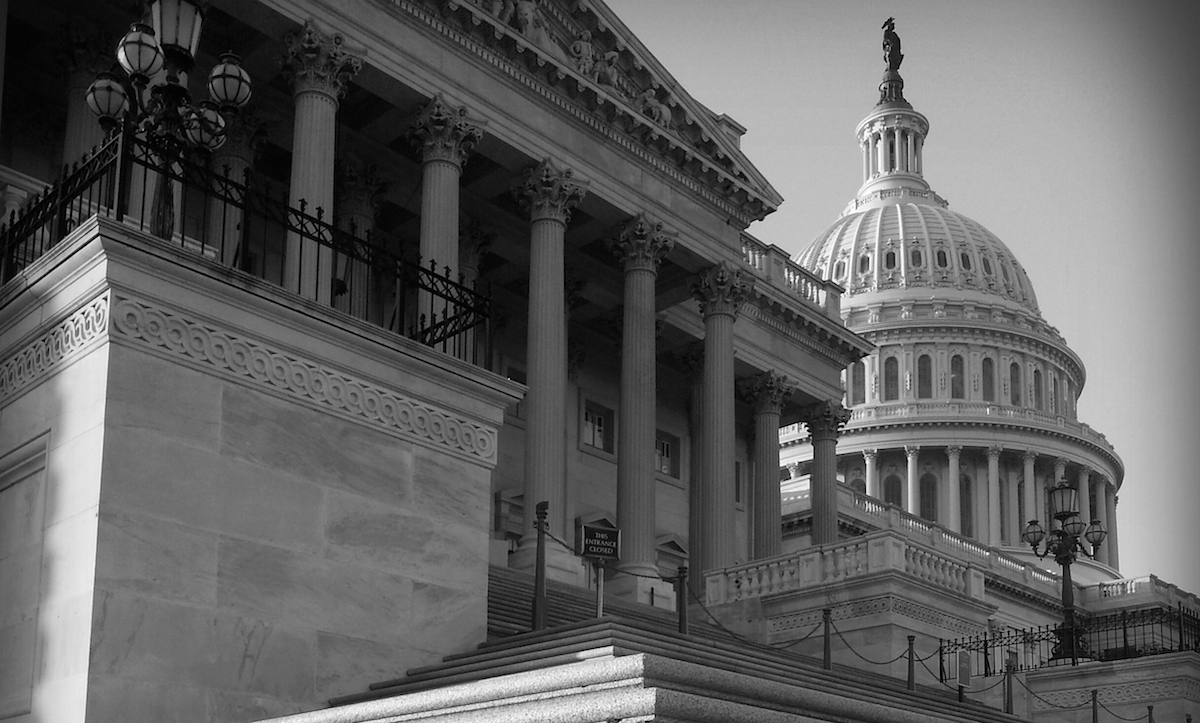WASHINGTON — Arguments that have raged for more than three decades over abortion rights and states’ abilities to regulate the controversial procedure flared up Tuesday on Capitol Hill.
The Senate Judiciary Committee debated legislation on the validity of various state regulations aimed at limiting access to legal abortion. The Women’s Health Protection Act would make abortion restrictions “that are more burdensome than those restrictions imposed on medically comparable procedures” illegal.
Witnesses from both sides of the abortion debate focused on states like Texas and Mississippi where pregnant women are required to undergo ultrasounds or pre-procedure counseling before getting abortions.
Rep. Judy Chu, D-Calif., the bill’s chief sponsor, said the goal is to create uniform national regulations governing access to abortion. The legislation has 124 co-sponsors in the House. It has a companion bill in the Senate.
“This bill would end discrimination against abortion access for women based on their zip code,” Chu said.
But Rep. Diane Black, R-Tenn., disputed whether abortion should be categorized as a medical procedure.
“Abortion is brutal – to both mothers and their unborn children,” Black said. “It is not health care.”
Sen. Orrin Hatch, R-Utah, a senior member of the Judiciary panel, said the committee should keep in mind states’ rights and whether the federal government should be allowed to override state abortion laws.
“I’m in my 38th year, here in the United States Senate and on this committee, and I don’t recall Congress ever passing a law that prohibited states from enacting an entire category of laws simply because Congress says so,” said Hatch, who opposes abortion. “Why is abortion so unique that Congress has this authority in this area, but not in any other?”
Another witness Nancy Northup, president of the Center for Reproductive Rights, got into a testy exchange with Sen. Lindsey Graham, R-S.C., who asked if she would support an amendment to the bill allowing health care providers “of conscience” to opt out of performing abortions.
“Well I’m not elected to make those decisions,” Northup said.


